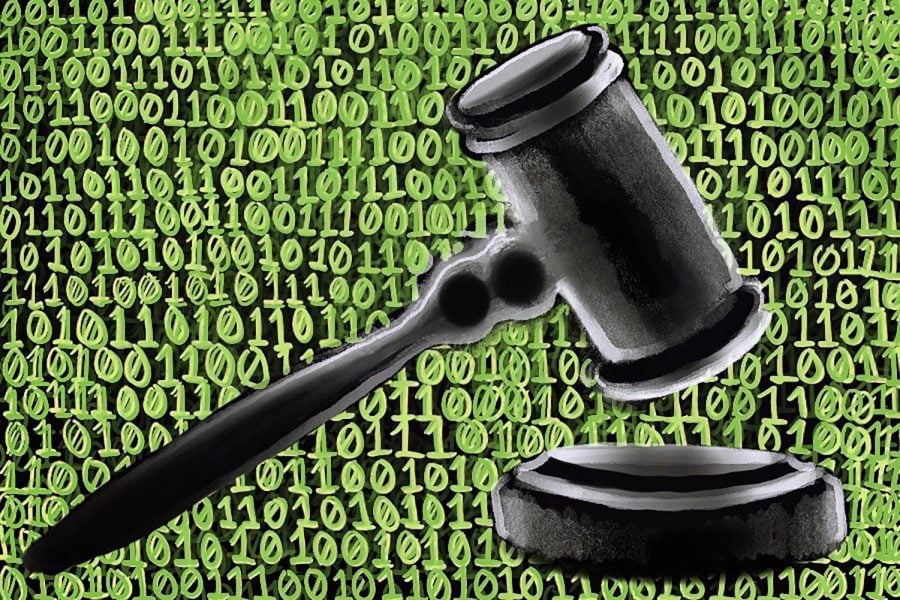LSAC: Law schools won’t penalize applicants with Pass/Fail grades on transcripts
In light of coronavirus, law schools will not penalize applicants for transcripts with Pass/Fail, the LSAC said.
April 20, 2020
In light of the novel coronavirus, law schools will not penalize any applicants with Pass/Fail grades on their transcripts, the Law School Admission Council has said.
The nonprofit corporation, known for administering the Law School Admission Test, serves to ease the admission process for law schools and their applicants. The LSAC added that it will place a letter for every applicant enrolled this spring, reminding law schools of the COVID-19 pandemic and its effects on higher education.
“Law schools are fully aware of and understand that virtually all students enrolled during the spring 2020 COVID-19 pandemic experienced significant disruption in their living and learning arrangements,” the LSAC posted on its website.
The move came after many undergraduate schools across the country, including Northwestern, switched to versions of a universal pass/no pass grading system in light of the coronavirus outbreak.
Weinberg junior Nick Welch, who is considering law school, said he has seen many people upset with the decision because they were hoping to increase their GPA during Spring Quarter. But Welch, who agrees with the University’s decision, said he views it as a way to protect his GPA. With the pandemic and remote learning, if classes weren’t pass/fail, he said he would have felt like his GPA was at risk of dropping.
He said he is not too concerned right now about what will come next regarding law school and applications.
“The way that I see it is that there’s a global pandemic right now and when we get out of it, things will fall into place,” Welch said.
According to Weinberg sophomore Daniel Kim, the law school admissions process is very different from the holistic undergraduate university admissions process. “Hard factors” like GPA and LSAT scores are more important in applying to law schools, he said, and applicants must meet difficult requirements to be admitted to a “T-14,” or top-14 law school with national recognition.
Kim said that while his GPA is at the forefront of his mind, he does his best to not get trapped into a “grades only” mindset, adding that the changes this quarter were out of his control. When he returns to campus, he said he’ll most likely overload on units in an attempt to boost his GPA.
“A student’s record throughout their four years should not be impacted heavily by just one quarter,” Kim said.
Weinberg junior and prospective law school applicant Rose Genaris said the LSAC’s decision is empathetic and equitable given the different ways the pandemic has impacted people.
She said that although she feels lucky to have a home environment that is conducive to learning, she has found it difficult to stay as engaged in her online courses as she would have been in-person.
“I can confidently say that I would not do as well academically this quarter had Northwestern not implemented the pass/no pass policy,” Genaris said.
Joshua Kleinfeld, a professor of law at Northwestern Pritzker School of Law, said some form of grading structure should have been maintained this quarter — one that gives students an incentive to study while also mitigating some of the “distributive injustices” of ordinary grading during a pandemic.
Kleinfeld added that while implementing a pass/no pass system is reasonable, the decision may change how law schools evaluate applicants.
“If there are fewer grades to use as a corrective when admitting students, the LSAT may matter more,” Kleinfeld said. “Your essay, your work experience, what college you went to, your major: I think all of those things will matter just a little bit more in a world with a semester less (of) grades.”
Email: [email protected]
Twitter: @samanthaagu1lar


